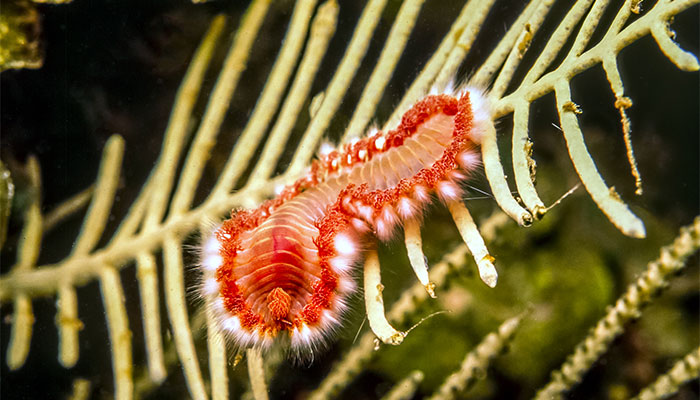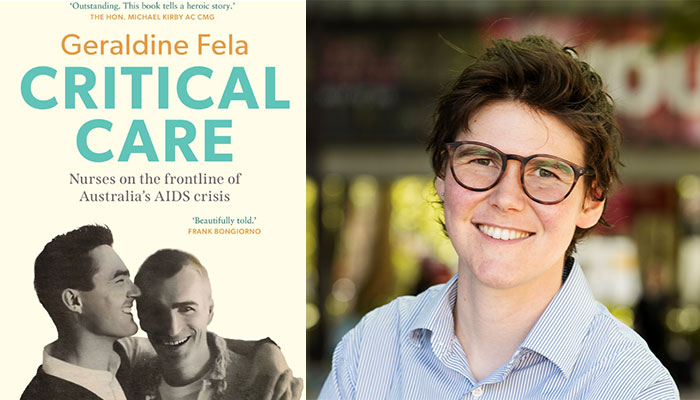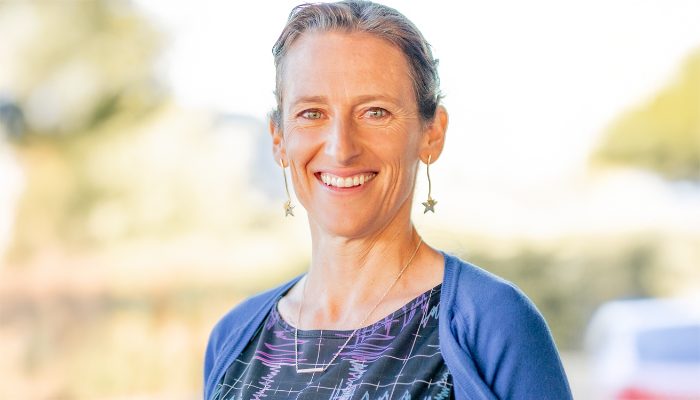Reducing infection in hospitals, preventing anxiety and depression in girls and environmental conservation and rehabilitation, are just some of the Macquarie University research projects to receive new Australian Research Council (ARC) grants.
The 10 new projects announced today through the ARC Linkage Projects scheme, will see researchers partner with industry, business and community organisations. These collaborations will drive innovation and deliver outcomes and solutions to benefit all Australians.
The ARC has made a $101.8 million investment in research across 306 new Australian projects. Macquarie has the third highest number of successfully funded projects in New South Wales, and in the top nationally.
ARC CEO Professor Aidan Byrne said collaboration for quality research and development was fundamental to transforming industries, building communities and strengthening the Australian economy.
“We need to encourage collaboration between researchers, industries, and communities to work together and find solutions to real, everyday challenges and issues,” Professor Byrne said.
Macquarie University research projects to receive grants in 2013:
Dr Marianne Fenech, Institute of Early Childhood
What's best for my child? Parents' perspectives of childcare quality and early learning as contributors to childcare choice.
Dr Kirstie Fryirs, Environment & Geography
Upland swamps and chains-of-ponds as unique and rare Australian river types: understanding their function to improve conservation and rehabilitation.
Prof Michael Heimlich, Engineering
Technology optimisation of integrated circuits with applications to wireless communication systems in medicine.
A/Prof Jennifer Hudson, Psychology
The emotional health project: understanding and preventing anxiety and depression in girls.
Dr Dayong Jin, Physics and Astronomy
Rapid detection of rare-event cells by strong UP-conversion encoded nano-radiators (SUPER Dots): finding a needle in a haystack.
A/Prof John Potts, Media, Music, Communication and Cultural Studies
When science meets art: an environmental portrait of the Shoalhaven River Valley.
Prof Itsu Sen, Australian School of Advanced Medicine
Haemodynamic investigation of flow diverter stents for the treatment of intracranial aneurysms.
Prof Graham Town, Engineering
Distributed energy storage management system.
A/Prof Karen Vickery, Australian School of Advanced Medicine
Developing novel chemistries for removing environmental surface biofilms to reduce hospital acquired infections.
A/Prof Mark Wiggins, Psychology
Cues as catalysts for skilled performance: identifying a mechanism to improve design, training, and selection in high technology control environments.
The 10 new projects announced today through the ARC Linkage Projects scheme, will see researchers partner with industry, business and community organisations. These collaborations will drive innovation and deliver outcomes and solutions to benefit all Australians.
The ARC has made a $101.8 million investment in research across 306 new Australian projects. Macquarie has the third highest number of successfully funded projects in New South Wales, and in the top nationally.
ARC CEO Professor Aidan Byrne said collaboration for quality research and development was fundamental to transforming industries, building communities and strengthening the Australian economy.
“We need to encourage collaboration between researchers, industries, and communities to work together and find solutions to real, everyday challenges and issues,” Professor Byrne said.
Macquarie University research projects to receive grants in 2013:
Dr Marianne Fenech, Institute of Early Childhood
What's best for my child? Parents' perspectives of childcare quality and early learning as contributors to childcare choice.
Dr Kirstie Fryirs, Environment & Geography
Upland swamps and chains-of-ponds as unique and rare Australian river types: understanding their function to improve conservation and rehabilitation.
Prof Michael Heimlich, Engineering
Technology optimisation of integrated circuits with applications to wireless communication systems in medicine.
A/Prof Jennifer Hudson, Psychology
The emotional health project: understanding and preventing anxiety and depression in girls.
Dr Dayong Jin, Physics and Astronomy
Rapid detection of rare-event cells by strong UP-conversion encoded nano-radiators (SUPER Dots): finding a needle in a haystack.
A/Prof John Potts, Media, Music, Communication and Cultural Studies
When science meets art: an environmental portrait of the Shoalhaven River Valley.
Prof Itsu Sen, Australian School of Advanced Medicine
Haemodynamic investigation of flow diverter stents for the treatment of intracranial aneurysms.
Prof Graham Town, Engineering
Distributed energy storage management system.
A/Prof Karen Vickery, Australian School of Advanced Medicine
Developing novel chemistries for removing environmental surface biofilms to reduce hospital acquired infections.
A/Prof Mark Wiggins, Psychology
Cues as catalysts for skilled performance: identifying a mechanism to improve design, training, and selection in high technology control environments.



